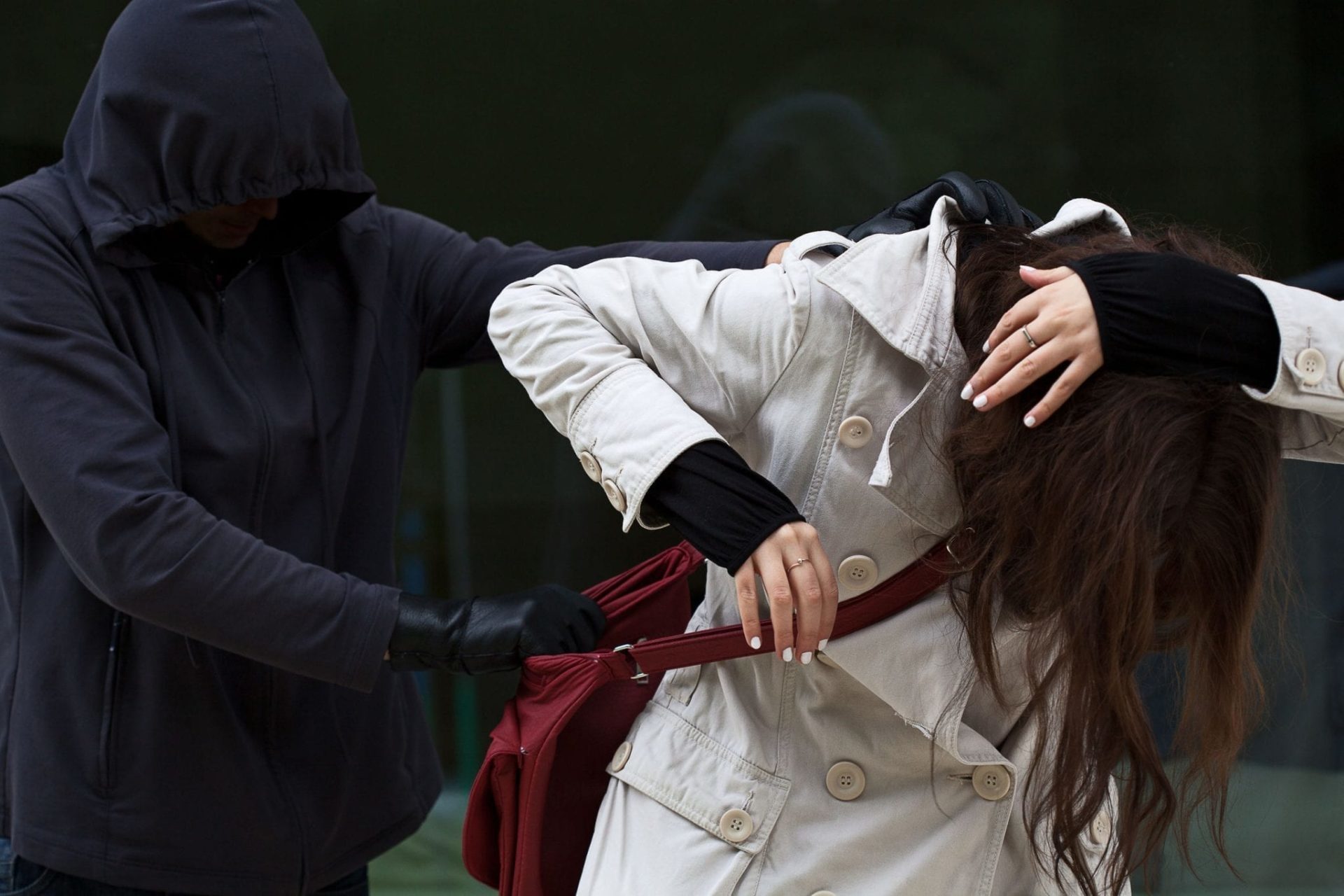- Free Consultation 24/7: (773) 908-9811 Tap Here To Call Us
Fight Robbery Charges in Illinois with These Defense Strategies

Robbery is a very serious crime, and in Illinois the charges and consequences associated with it match that seriousness. If convicted, you could face years in prison, hefty fines and a criminal record of violent crime that will living a normal life a lot harder.
Fortunately, not all robbery charges lead to a conviction, but if you want to be able to fight back, it is important to understand the laws – which can be quite complex – and also be aware of the possible defenses.
Illinois Robbery Laws and Penalties
Illinois defines robbery as knowingly taking property from the owner or in the presence of another by the use of force or by threatening imminent use of force. This differs from theft in that force is used to obtain the stolen goods.
Robbery
In most cases robbery is charged as a Class 2 felony, punishable by 3-7 years in prison and fines of up to $25,000.
However, if the victim was over 60 years old or was handicapped, or if the alleged robbery took place in a day care, nursing home, or place of worship, it will be charged as a Class 1 felony, which carries a sentence of 4-15 years in prison and up to $25,000 in fines.
Aggravated Robbery
Aggravated robbery is defined as committing robbery while indicating to the alleged victim that you are armed with a dangerous weapon, or by giving the alleged victim a controlled substance without his or her consent. This is charged as a Class 1 felony.
Armed Robbery Armed robbery is defined as committing robbery while allegedly carrying or discharging a firearm. This offense is generally charged as a Class X Felony, which carries a mandatory minimum of six years in prison, and up to 30 years. If you discharged the weapon, you may have 15 years added to your prison sentence, or up to life in prison.
Defense Strategies That May Work against Your Robbery Charge
Robbery defenses generally focus upon the actual commission of the crime or the defendant’s intent while committing the crime.
Lack of Evidence
The prosecution must prove beyond a reasonable doubt that the defendant committed the crime. This means that a significant amount of evidence is necessary for a conviction.
The defense can argue for innocence by undermining the prosecution’s evidence or by presenting evidence casting doubt on whether the defendant committed the crime.
Entrapment
If you were pushed by a third party into committing a robbery that you would otherwise not have committed, you may have an entrapment defense. However, if you intended to commit robbery in the first place, this defense is not valid.
No Property was Taken
If the prosecution cannot prove that property was taken during the alleged offense, this is not considered robbery. However, if the prosecution can prove that you used physical force or threatened to use force against the alleged victim, you will likely face assault charges.

Lack of Intent
To commit robbery, you must intentionally deprive the victim of property that is not yours by use of force. If certain factors, for example intoxication, made you unable to form the intent, this could be part of your defense.
Duress
If you were forced to commit the alleged robbery by a third party under threat of serious physical injury or death, a duress defense may be appropriate. However, this is often difficult to prove for the crime of robbery, as there is usually a sufficient amount of time for the defendant to avoid committing robbery.
About the Author:
Andrew M. Weisberg is a former felony prosecutor who now serves as a defense attorney in the greater Chicago area. He has extensive experience in handling all types of criminal cases, from sex offenses and domestic violence to retail theft-related crimes, murder, and drug crimes.




















